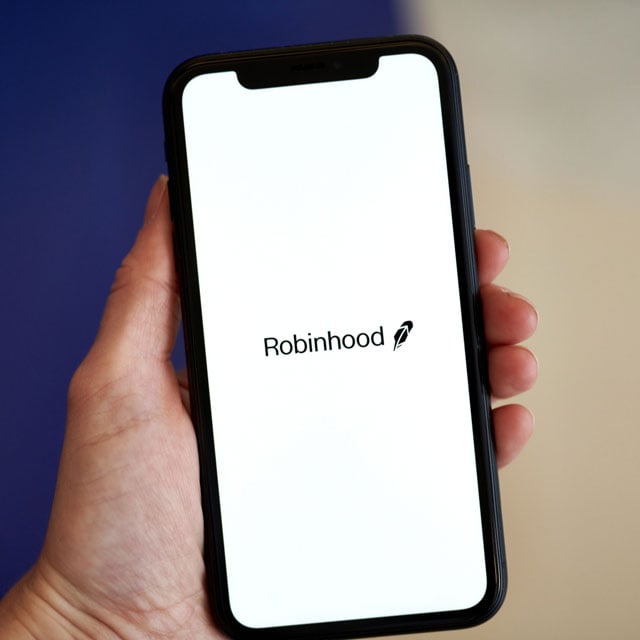Robinhood to Pay $7.5M Over 'Gamification' Practices

After a three-year fight with the Massachusetts Securities Division, Robinhood agreed Thursday to pay $7.5 million to the state and overhaul its digital engagement practices, Secretary of the Commonwealth William Galvin said in a statement.
The Massachusetts Supreme Judicial Court ruled last August to uphold the state’s fiduciary rule and allow Galvin’s administrative case against Robinhood to move forward.
The case against Robinhood that the court allowed to move forward involves Galvin accusing Robinhood in December 2020 of violating state law by using overly “aggressive tactics to attract new, often inexperienced, investors” and “gamification to encourage and entice continuous and repetitive use” of its mobile application.
In a consent order filed with Galvin’s Securities Division on Thursday, Robinhood agreed to resolve administrative complaints filed in 2020 and 2021.
“While I’m happy that this case with Robinhood has finally been resolved, I’m most grateful that after being thoroughly tested in court, the Massachusetts Fiduciary Rule remains the law of the land,” Galvin said in the statement. “This rule allows my office to ensure that investors’ interests are being protected in this state, and I hope that other states follow suit.”
Lucas Moskowitz, Deputy General Counsel and Head of Government Affairs at Robinhood Markets, Inc., said Thursday in a statement that the settlement “resolves historical matters dating back to 2021 that do not reflect Robinhood today. We’ve invested heavily in strengthening how we supervise our technology and system controls, ensuring platform stability, and enhancing cybersecurity policies and practices.”
As detailed in the consent order, “Robinhood has previously used confetti animation, digital scratch tickets, free stock rewards and other game-like features to push customers to interact with the app.”
The app “also employed push notifications and ‘most popular’ lists to encourage frequent trades,” the order states.
In 2021, Robinhood sued Galvin’s office, in an attempt to block the administrative proceedings against the broker-dealer.
“While Robinhood ceased many of its gamification tactics after complaints were filed by the Securities Division, the settlement in this case ensures that for Massachusetts customer accounts, Robinhood will cease any future use of celebratory imagery tied to the frequency of trading, push notifications highlighting specific lists, and features that mimic games of chance,” according to Galvin’s office.
Robinhood must also “add disclosures to its lists and engage an independent compliance consultant to evaluate other digital engagement practices that remain in use,” the order states.
A Robinhood spokesperson said Thursday in a statement that “We reject the premise that any part of our app, past or present, is ‘gamified.’ The settlement concerns historical practices related to supervisory controls and procedures, and the order does not find that digital engagement practices in the app themselves violated the regulations or the state’s fiduciary rule, or that they negatively influenced customer behavior.”




